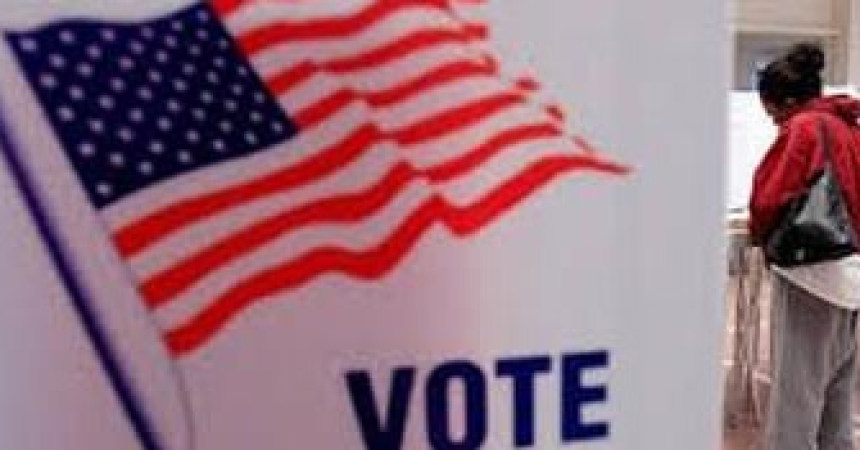
The Black vote could be the difference
By James Wright
Trice Edney News Wire
According to John Bullock and David Bositis, two leading Black political scientists in the U.S., the Black vote, depending on turnout, could make the difference in some key battleground states. The pundits believe that on Nov. 8 millions of Blacks will go to the polls to vote primarily for president but will also vote for statewide and local offices.
Bositis said that Clinton, the former Secretary of State, is the favorite to carry the Black vote. “The important Black leaders and President Obama have embraced Clinton,” he said. “Black voters in Virginia have liked Tim Kaine and Black leaders on the national level have embraced him also.”
Bositis said Blacks won’t vote for the Republican nominee Donald Trump. “Blacks despise him,” he said. Several polls predict Trump will win only 1-2 percent of the Black vote, a drastic drop-off for a Republican candidate.
Bositis is one of America’s leading political scientists dealing with Black politics. He is the former senior research associate at the Joint Center for Political and Economic Studies, a nonprofit public policy organization that produces ideas, research, and policy solutions that have a positive impact on people and communities of color. He has also authored numerous articles and several books on Black political representation, voting patterns, and redistricting concerns.
“If there is a strong solid turnout among African Americans, they will make the difference for Secretary Clinton,” he said. “Those battleground states are Florida, North Carolina, Virginia, Pennsylvania and Ohio. If Secretary Clinton wins all of those states, she is on her way to winning the election. Even if she wins the states that Democrats traditionally win and adds Florida and North Carolina, she will win the presidency.”
The battleground states that have strong Black populations are North Carolina at 21 percent and Pennsylvania with 10.9 percent. However, a number of political observers have stated that Georgia, a traditionally Republican state in presidential elections, could go for Clinton this year.
President Obama lost Georgia to Republican Mitt Romney by a slimmer than expected 7.82 percent in 2012. A recent Washington Post–Survey Monkey poll released on Sept. 6 showed that Clinton and Trump are both at 46 percent.
The last Democratic presidential candidate to win Georgia was Hillary Clinton’s husband, Bill, who in 1992 defeated President George H.W. Bush by a 0.59 percent margin.
While many Democratic activists are salivating at Clinton winning the Peach State, Bositis advises caution. “I am not convinced that Georgia has flipped to the Democrats,” he said. “I will concede that it will be very close but there has to be an exceptional Black turnout for her to win Georgia.”
Georgia is 31 percent Black and is the beneficiary of Blacks moving back to the South from the North, Bositis said. He also noted that Georgia doesn’t have the growing Latino population that North Carolina has and that may be an impediment to Clinton taking the state this year.
As Bositis said, a strong Black turnout is the key for Clinton to win the White House but many in the political realm wonder why Black voters don’t cast their ballot as often as they should. John Bullock, a political scientist at Towson University in Towson, Md., told the AFRO that weak Black voter turnout has long been the subject of academic speculation.
“There is a great deal of literature devoted to that subject,” Bullock said. “There are theories that voter turnout is related to a person’s social class, educational attainment, and income. The higher the income, the more likely a person will vote.
“A lot of people, particularly Blacks, who don’t vote say ‘the system doesn’t work for me’ or ‘voting doesn’t matter’. As a result, politicians generally respond to people who vote.”








